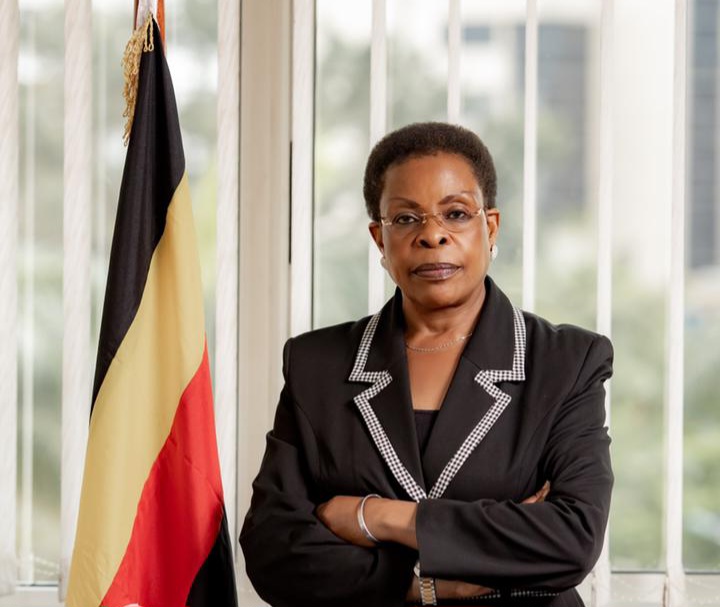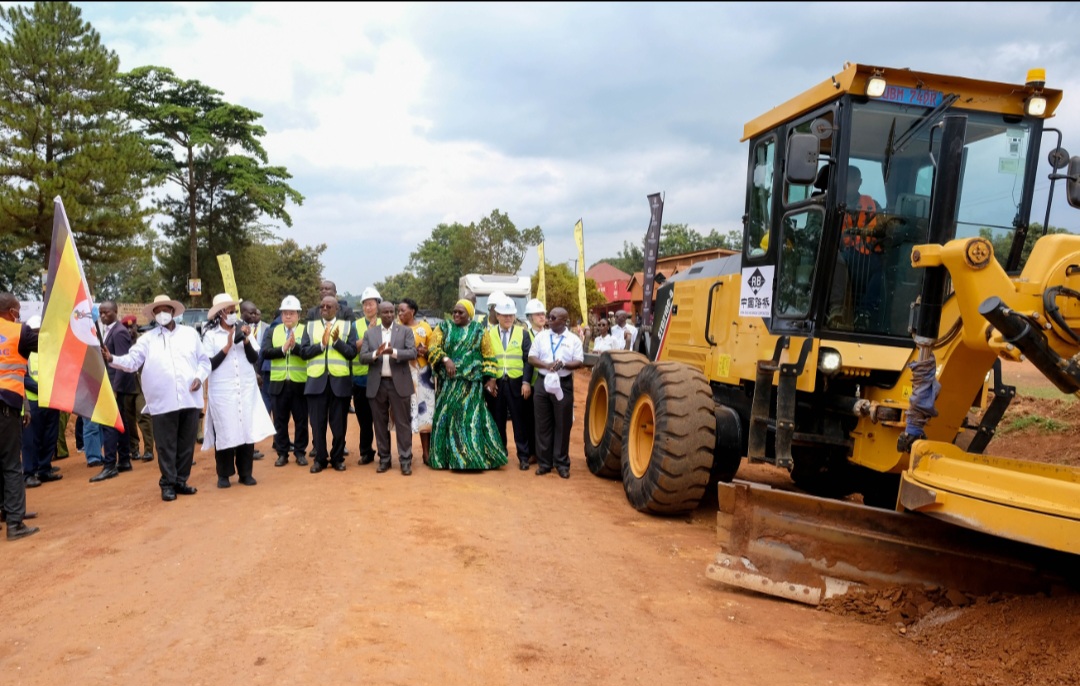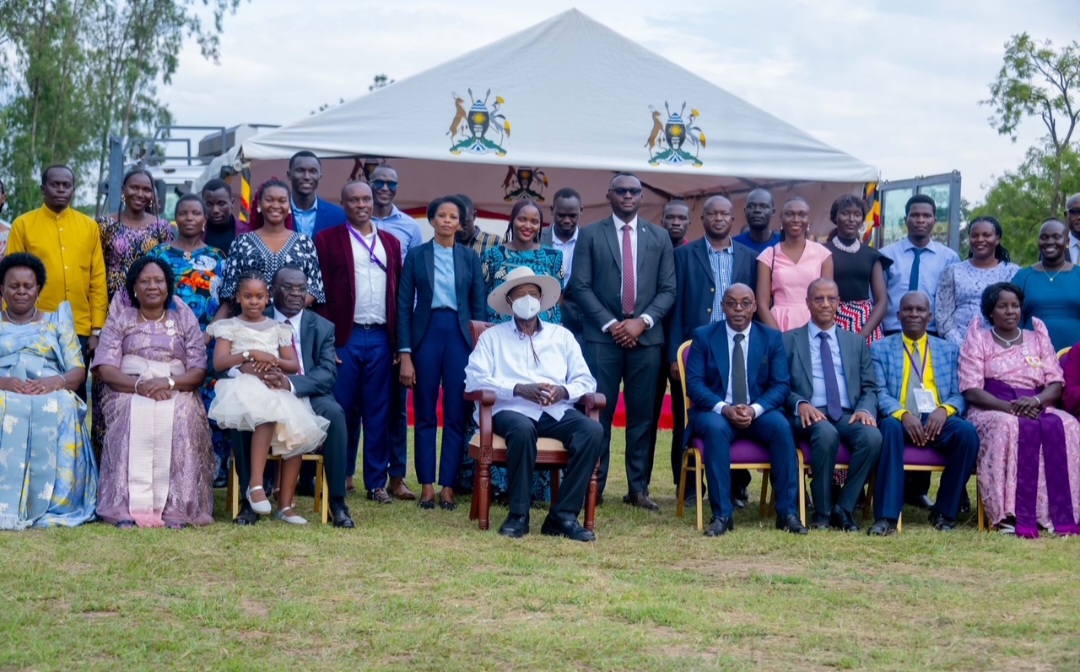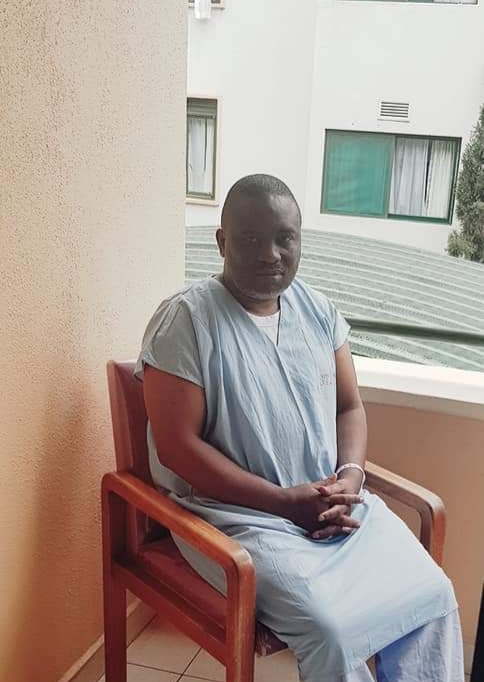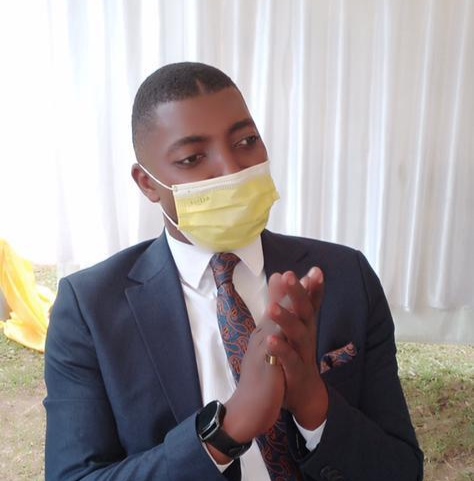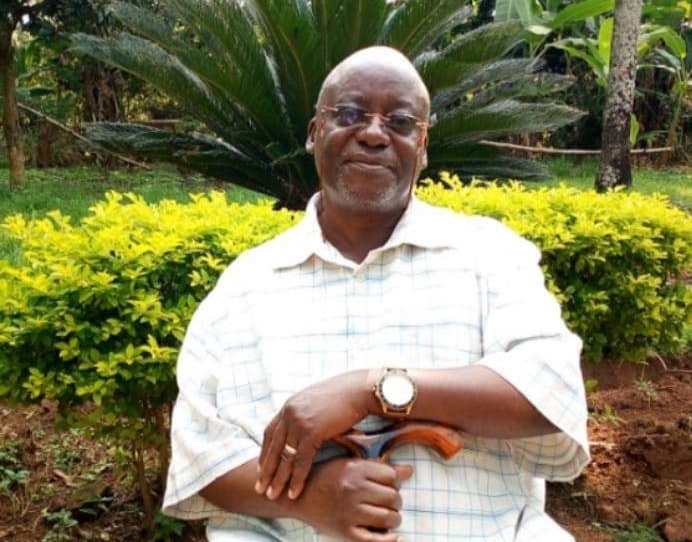KAMPALA, Uganda — Uganda’s Inspector General of Government (IGG), Beti Kamya Turwomwe, has called on citizens to wage a “people’s protracted war” against corruption, following a year in which her office investigated over 2,200 cases and recovered billions of shillings.
Speaking at a news conference Friday, marking Africa Anti-Corruption Day, the IGG emphasized that while Uganda observed the day, a true celebration remained distant due to the pervasive nature of graft.
“Africa loses approximately $140 billion annually to corruption,” the Inspector General stated, detailing Uganda’s significant share of this drain at $2.7 billion, or about 10 trillion shillings, each year. She highlighted that recovering these funds could inject 1 billion shillings annually into each of Uganda’s 10,000 parishes for development through the Parish Development Model (PDM), potentially translating to 2 million shillings per person for every Ugandan.
The IGG lamented the paradox of Africa’s vast natural wealth — including 40% of the world’s gold reserves and 65% of its arable land — contrasting sharply with its status as “the poorest, despised, pitied and most exploited continent,” a plight she largely attributed to widespread corruption.
Uganda’s 2024 Corruption Perception Index stood at 27%, trailing regional peers like Rwanda (57%) and Botswana (57%). Despite this, the Inspector General acknowledged incremental progress.
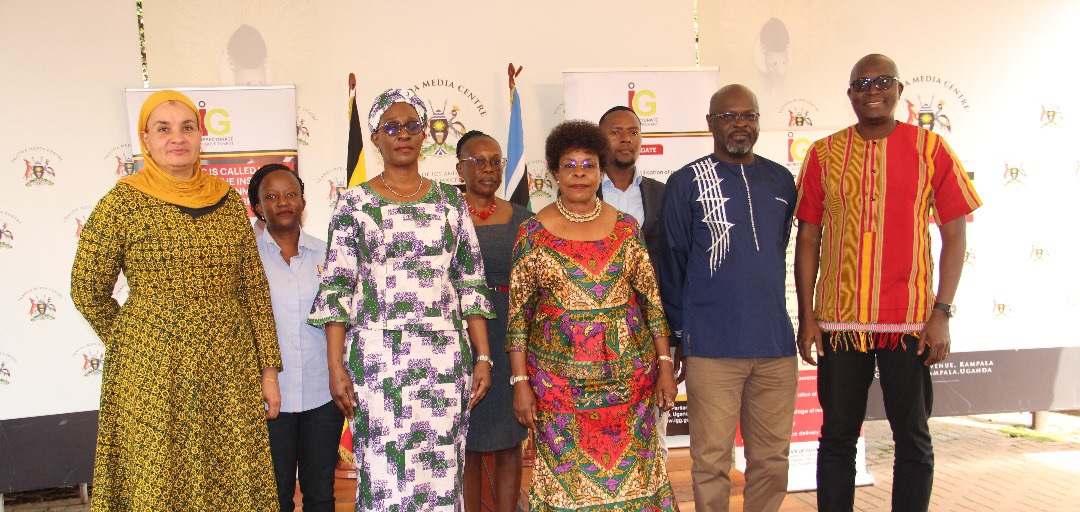
She said a significant strategy is “taking the war to the people,” by increasing awareness of corruption’s impact and changing public attitudes from glorifying illicit wealth to actively fighting it. The IGG noted a growing recognition among Ugandans that they are direct victims of corruption, leading to increased civic activism.
IGG’s Year of Intense Action
Between January and December 2024, the Inspectorate of Government (IG) reported substantial progress in its core mandate:
The IG investigated and concluded 2,218 corruption cases. Administrative sanctions, including interdiction and job termination, were taken against 1,204 public officers across government ministries, departments, agencies, and local governments.
Financially, the IG recommended the payment of 13.3 billion shillings to individuals as a result of its interventions, with an additional 3.3 billion shillings from its board’s actions.
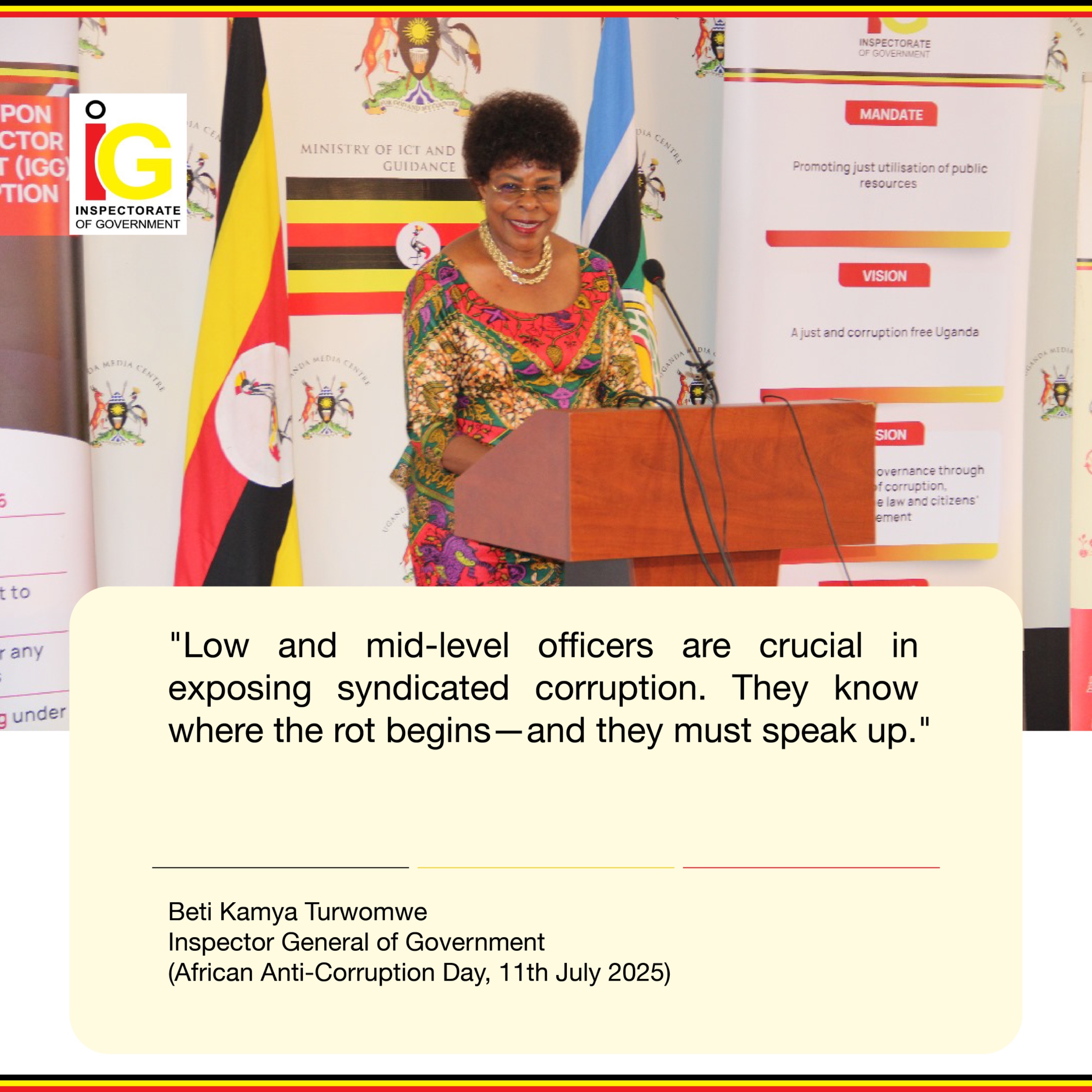
Regarding prosecutions, 16 public officers were recommended for prosecution at the Anti-Corruption Division, while 37 faced similar referrals at the Leadership Code Tribunal for ethical breaches.
The IG achieved an impressive 94.7% conviction rate at both the Anti-Corruption Court and the Leadership Code Tribunal.
In terms of asset recovery, nearly 7 billion shillings were recovered from the proceeds of corruption, with ongoing efforts to retrieve more stolen assets. The IG inspected over 1,200 government projects and conducted 53 spot checks to ensure accountability.
The Inspector General also highlighted the IG’s participation in an inter-agency forum that coordinates various anti-corruption bodies within Uganda. She noted Uganda’s active role in international anti-corruption organizations, including its current presidency of the East African Association of Anti-Corruption Authorities.
Mobilizing Citizens for the Fight
The Inspector General stressed that a “people’s protracted war” against corruption is crucial for ultimate victory. The IGG plans to empower ordinary citizens, or wanainchi (a Swahili term for common people), to become “anti-corruption ambassadors,” encouraging them to identify and expose corruption.
She particularly addressed the societal challenge of glorifying individuals who quickly acquire wealth, often leading to public defense when they face corruption charges. “The mindset should be, ‘Please explain to us how you acquired that wealth,'” she asserted, urging Ugandans to demand accountability.
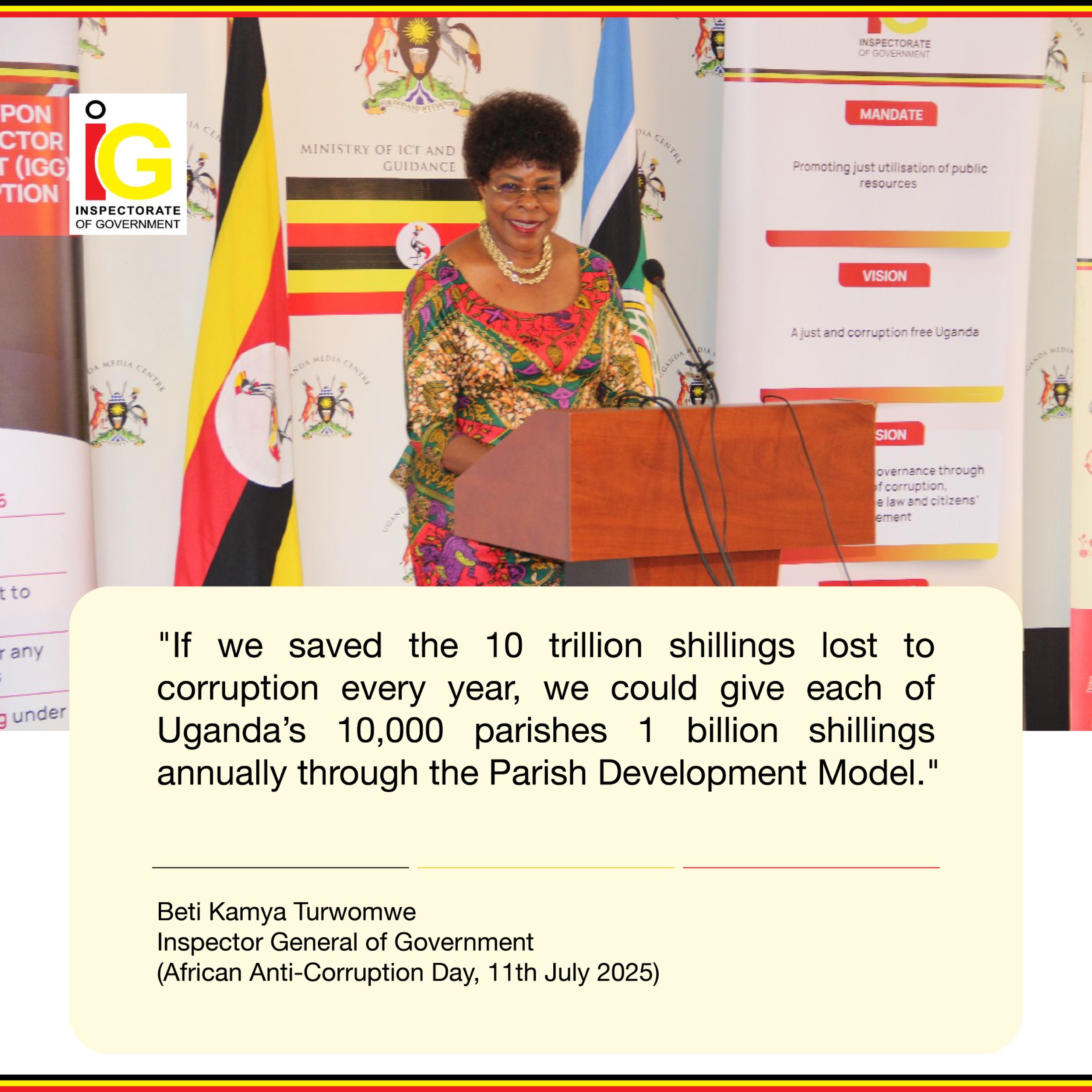
The IGG will intensify public awareness campaigns through media partnerships and civil society engagement. The Inspector General called on the public to expose “syndicated corruption,” especially among lower- and middle-ranking public officers often privy to illicit financial channels.
“If we all join the anti-corruption war within our spaces, the vice will be largely defeated, leading to better service delivery and national development,” the Inspector General concluded, commending Ugandans who have fearlessly reported corruption, noting that many significant cases originate from their tips.
Do you have a story in your community or an opinion to share with us: Email us at Submit an Article



